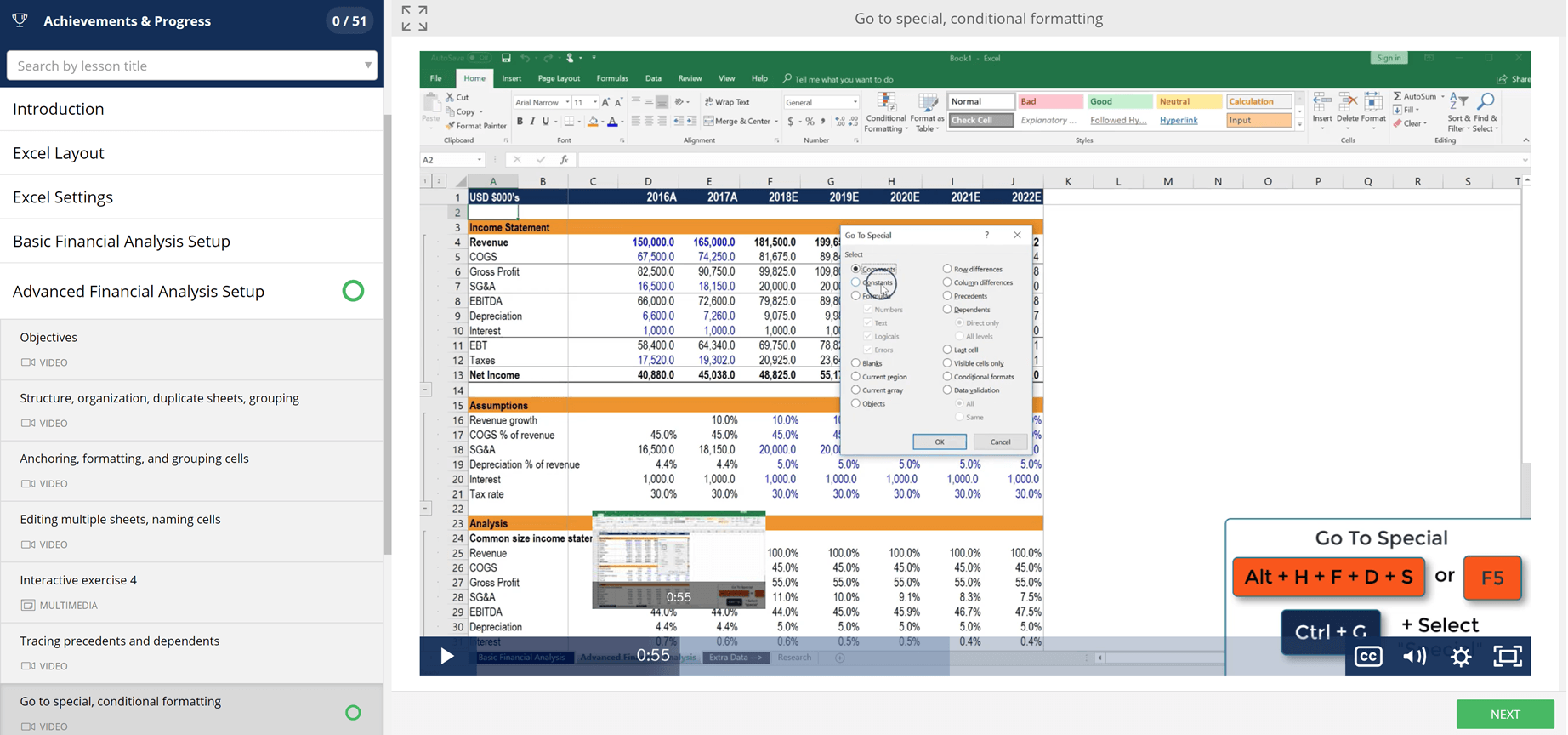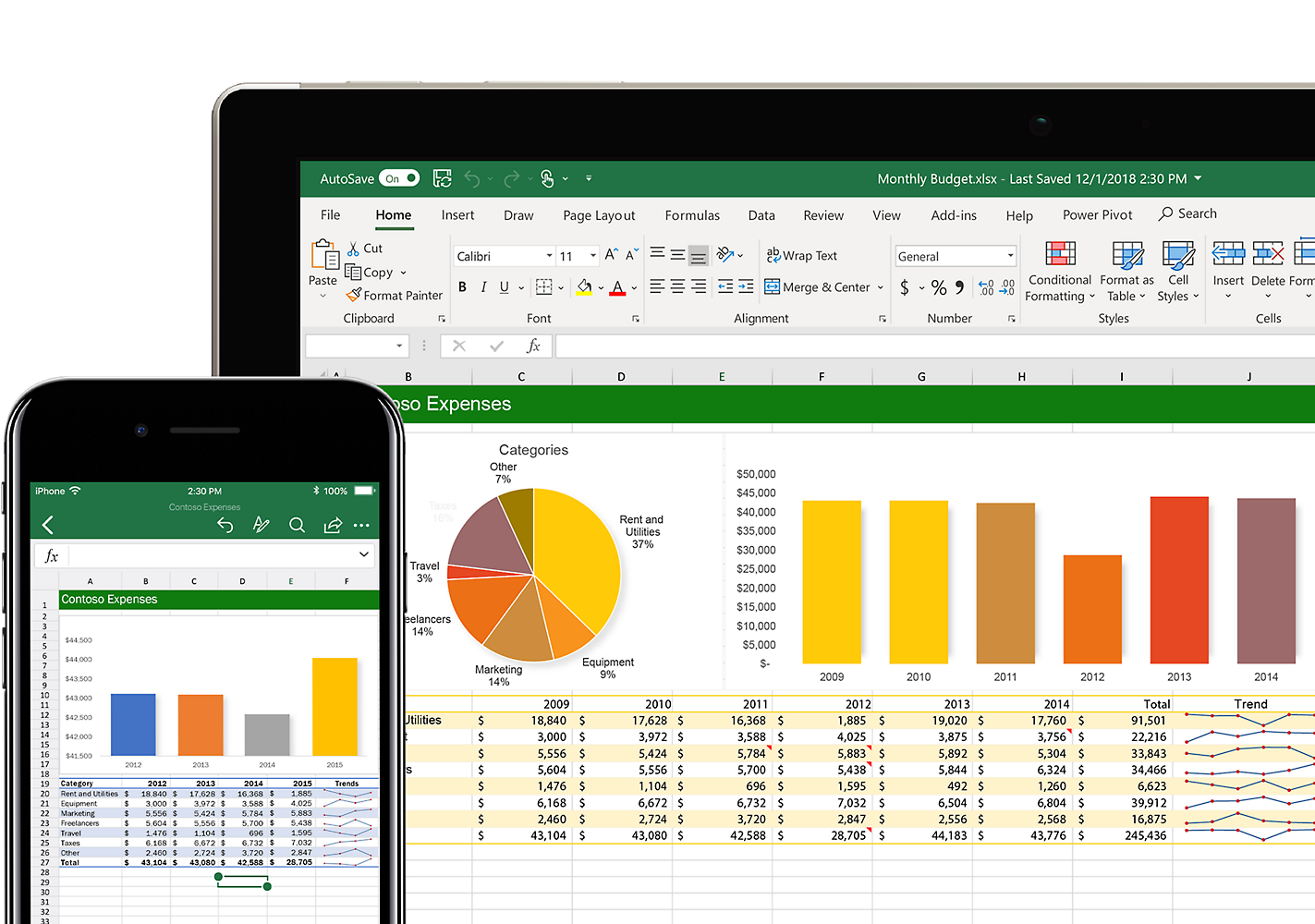Imagine a world without spreadsheets. Chaos would ensue as businesses struggle to organize their data and make sense of it all. Thankfully, MS Excel swoops in to save the day, bringing with it a powerful set of tools and functionalities that revolutionize the way we handle numbers. But have you ever wondered if MS Excel is truly considered a software tool? In this article, we will explore the definition of a software tool and make a case for why MS Excel fits the bill perfectly. So buckle up, because we’re about to embark on a journey into the world of MS Excel and all its software glory.
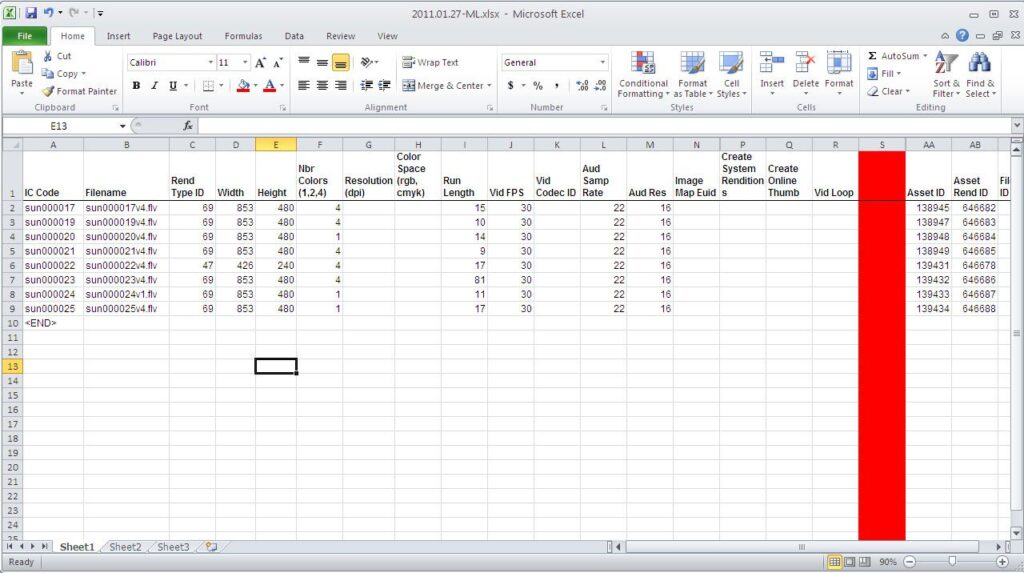
This image is property of cdn.britannica.com.
Introduction
In today’s technology-driven world, software tools have become an integral part of our daily lives. From managing personal finances to analyzing complex data, we rely on various software tools to simplify our tasks and enhance our productivity. One such widely used software tool is Microsoft Excel, commonly known as MS Excel. This article aims to provide an in-depth understanding of MS Excel, its features, functions, and its position as a software tool in the market.
What is MS Excel?
MS Excel is a spreadsheet program developed by Microsoft. It is part of the Microsoft Office suite of applications and is widely used for organizing, analyzing, and manipulating data in a tabular format. With its powerful features and user-friendly interface, MS Excel has become a go-to tool for individuals, businesses, and organizations across various industries.
Features of MS Excel
Cell-Based Calculations
One of the key features of MS Excel is its ability to perform cell-based calculations. Each cell in an Excel spreadsheet can hold data and also perform calculations using formulas or functions. This allows users to perform complex mathematical operations, create formulas to automate calculations, and perform various mathematical functions like sum, average, min, max, etc. The ease and flexibility of cell-based calculations make MS Excel a powerful tool for data analysis and manipulation.
Data Organization
MS Excel offers a wide range of features for organizing data efficiently. Users can organize data in rows and columns, format cells to represent different data types, apply conditional formatting to highlight important information, and create tables to structure data in a visually appealing manner. MS Excel also supports sorting and filtering data, making it easier to analyze and extract meaningful insights.
Graphing and Charting
Visual representation of data is crucial for analyzing trends, patterns, and relationships. MS Excel provides various graphing and charting tools that allow users to create visually appealing charts, graphs, and diagrams. Users can choose from different chart types, customize the appearance, and add labels, titles, and legends to enhance the visual representation of data. This feature is particularly useful for presenting data in a comprehensive and easy-to-understand manner.
Data Analysis
MS Excel offers a wide range of data analysis tools that empower users to gain meaningful insights from their data. Users can apply built-in functions like averages, standard deviations, and variance to analyze numerical data. Additionally, MS Excel provides powerful tools like pivot tables, which allow users to summarize, analyze, and manipulate large datasets with ease. These data analysis tools make MS Excel a valuable asset for decision-making and data-driven analysis.
Automated Functions
Automation is a key aspect of MS Excel, allowing users to streamline repetitive tasks and increase efficiency. MS Excel supports macros, which are scripts or recordings of a series of commands, allowing users to automate tasks and perform actions with a single click. Furthermore, users can create custom functions using Visual Basic for Applications (VBA) to perform specific calculations or operations. These automated functions save time and effort, making MS Excel a versatile and efficient software tool.
Software Tool Definition
Before determining whether MS Excel is a software tool, it is essential to understand what exactly constitutes a software tool. In general, a software tool is a program or application designed to perform specific tasks or functions, aiding users in accomplishing their objectives. Software tools can vary in complexity and purpose, ranging from simple calculators to advanced data analysis software. They are designed to simplify tasks, enhance productivity, and provide solutions to specific problems.
This image is property of cdn-dynmedia-1.microsoft.com.
Is MS Excel a Software Tool?
Overview of Software Tool
When considering MS Excel in the context of a software tool, it aligns well with the definition. MS Excel is designed to perform specific tasks and functions, namely organizing, analyzing, and manipulating data. It simplifies complex calculations, data organization, and graphical representation, making it a powerful software tool.
Comparison to Other Software Tools
In comparison to other software tools, MS Excel stands out due to its versatility and widespread use. While there are other spreadsheet applications available, MS Excel offers a comprehensive range of features and capabilities. It surpasses alternatives in terms of data manipulation, graphing and charting, and data analysis tools. MS Excel’s extensive user base and market dominance further solidify its position as a leading software tool in its domain.
Functions and Applications
MS Excel’s functions and applications further reinforce its status as a software tool. It is widely used in various fields, including finance, accounting, project management, data analysis, and even personal budgeting. Its ability to handle large datasets, perform complex calculations, and present data visually makes it invaluable in decision-making processes and creating informative reports.
Advantages of Using MS Excel
There are several advantages to using MS Excel as a software tool. Firstly, it is user-friendly and easy to learn, making it accessible to users with varying levels of expertise. Secondly, MS Excel is compatible with other Microsoft Office applications, allowing seamless integration and collaboration. Thirdly, MS Excel offers extensive customization options, allowing users to tailor the software to their specific needs. Lastly, MS Excel is widely supported, with abundant online resources, communities, and tutorials available to assist users.
Alternatives to MS Excel
While MS Excel is highly versatile and widely popular, there are alternatives available that cater to specific user requirements. Here are a few notable alternatives to MS Excel:
Microsoft Access
Microsoft Access is a database management system that allows users to store, manage, and analyze large amounts of data. Unlike MS Excel, which focuses on spreadsheet-based calculations, Microsoft Access offers a more structured approach to data handling, making it suitable for complex data management scenarios.
Google Sheets
Google Sheets is a web-based spreadsheet program offered by Google. It offers similar features to MS Excel, allowing users to create and manipulate data in a collaborative online environment. Google Sheets integrates seamlessly with other Google Apps, making it an attractive option for remote collaboration and real-time updates.
OpenOffice Calc
OpenOffice Calc is a free and open-source spreadsheet program that provides many of the features offered by MS Excel. It offers compatibility with MS Excel file formats and is a viable option for users seeking a cost-effective alternative without compromising essential functionality.
Apple Numbers
Apple Numbers is a spreadsheet application included in Apple’s iWork suite. It is designed specifically for Apple users and offers a variety of features similar to MS Excel. Apple Numbers boasts a visually appealing interface and seamless integration with other Apple applications, making it a preferred choice for Apple users.
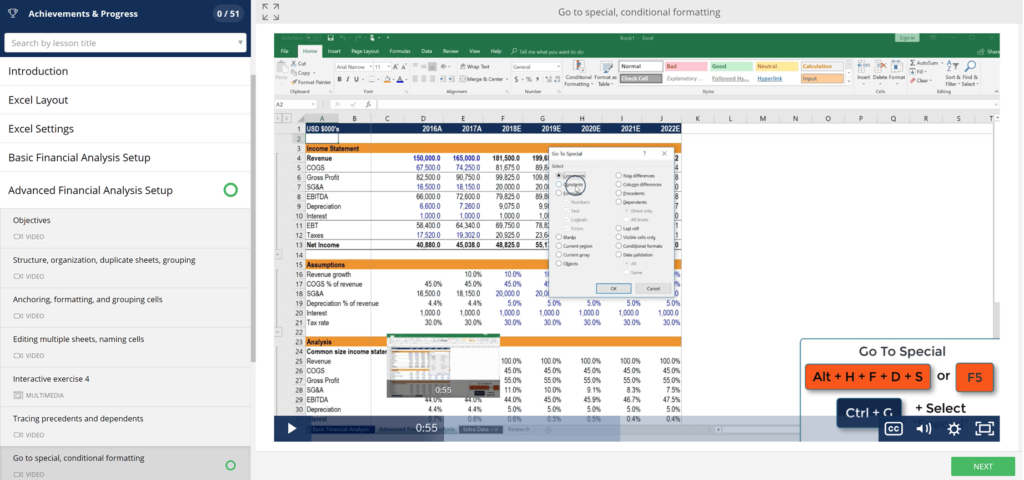
This image is property of cdn.corporatefinanceinstitute.com.
Limitations of MS Excel
While MS Excel offers a plethora of features and functions, it also has certain limitations that users should be aware of:
Data Size Restrictions
MS Excel has certain limitations on data size and storage capacity. The number of rows and columns available in a worksheet is limited, constraining the amount of data that can be managed within a single file. Very large datasets may require alternative software tools or database management systems to handle effectively.
Limited Collaboration
While MS Excel does facilitate collaboration to some extent, it falls short when compared to dedicated collaboration tools. Simultaneous real-time collaboration on a single Excel file can be challenging, leading to version control, access permissions, and conflicting changes. Dedicated collaboration tools offer more advanced features to enhance team collaboration.
Security Concerns
MS Excel files can be prone to security risks, especially when sharing sensitive or confidential data. Users should be cautious about sharing files with unknown sources, as macros or malicious code can be embedded. Additional security measures, such as password protection and encryption, can be applied but may not provide foolproof protection.
Lack of Structured Data Handling
While MS Excel is capable of handling and manipulating data, it lacks the structured approach of a database management system. As the amount of data and complexity increases, users may encounter challenges in maintaining data integrity, establishing relationships between datasets, and ensuring consistency in data entry. For extensive data management needs, specialized database systems may be more suitable.
Conclusion
In conclusion, MS Excel is undoubtedly a software tool that offers a wide range of features and functions catering to various data-related tasks. Its cell-based calculations, data organization capabilities, graphing and charting tools, data analysis functionality, and automated functions make it a valuable asset for individuals and organizations alike. Despite its limitations, MS Excel remains a dominant force in the software tool market, empowering users to handle data efficiently, make informed decisions, and enhance productivity.
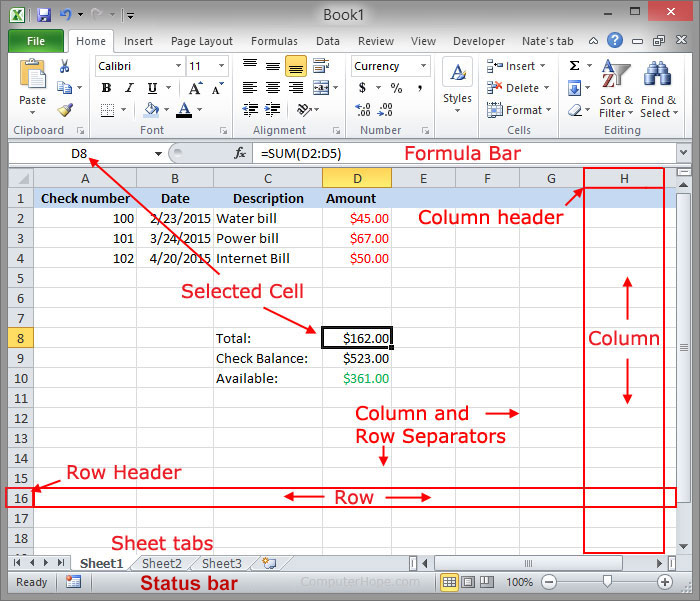
This image is property of www.computerhope.com.
